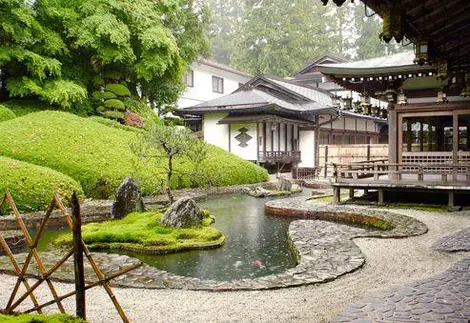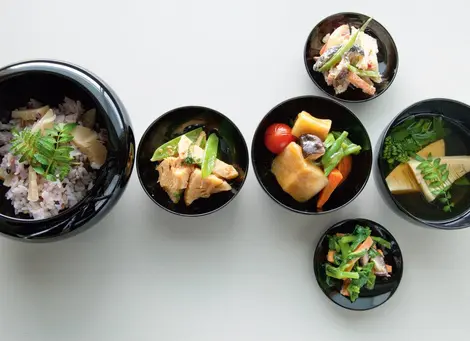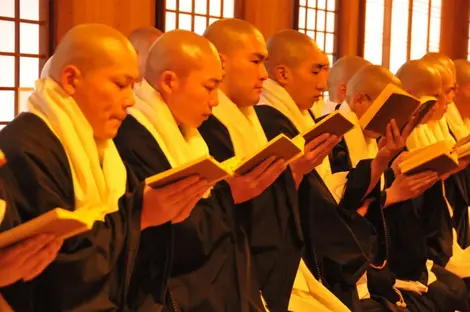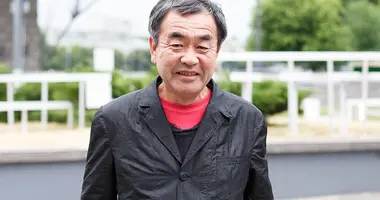Sleeping in a temple: the habits and customs of shukubo 宿坊
Sleep Zen
A unique travel experience in Japan, spending the night in a Japanese temple allows you to immerse yourself in the mysterious atmosphere of monastic life.
The Shukubo, which means "to sleep with the monks", is for many foreign visitors a must. of the trip to Japan.
This accommodation experience in a Buddhist temple allows you to discover the daily life of Japanese monks, to learn about vegetarian shojin ryori cuisine, and sometimes to attend religious rituals in the morning.
Entry requirements
Shukubo is open to all foreign visitors, without discrimination of gender, nationality, or religion.
The reservation is usually done the same way as for any hotel or ryokan. While some temples only take reservations by phone, many offer online reservations directly on their websites.
In case of doubt, it is, of course, possible to go through a travel agency to make the appropriate reservation.
Japan's largest shukubo center is located in Koyasan , in the Wakayama region.
Rules of decorum
The shukubo is an integral part of the Buddhist monasteries that manage them. It is therefore advisable to respect a few rules of propriety concerning the religious nature of the place:
- take off your shoes at the entrance to the temple
- wear decent attire within the temple grounds
- imperatively respect the prescribed times (dinner, bath, get up)
- respect the curfew (some temples close their doors after dark!)
- respect the privacy and calm of the place
Comfort or Austerity?
Despite the Spartan image sometimes associated with Japanese monasteries, be sure to find a guaranteed minimum of comfort in your bedroom: tatami, futon, blanket, bed lamp, etc.
On the other hand, don't be surprised to find any radio, television or private bathroom. Like traditional ryokan hostels, you will have to share the common bathroom.
No menu either for the evening meal: a single menu for everyone, without meat or fish! That said, some temples tolerate the consumption of alcohol and will offer you a beer, wine, or sake.
Religious Rituals
Whatever your religious orientation, attending the liturgical ritual in the morning is a meaningful experience, which for many is the primary charm of shukubo.
Each Buddhist sect cultivates its rituals: between the collective meditation session, the recitation of sacred sutras, or the fire ritual of esoteric Buddhism, the visitor is spoiled for choice.
However, participation in the morning ritual is not compulsory. For those interested, be aware that it is worth getting up early, around 5 am or 6 am!

















